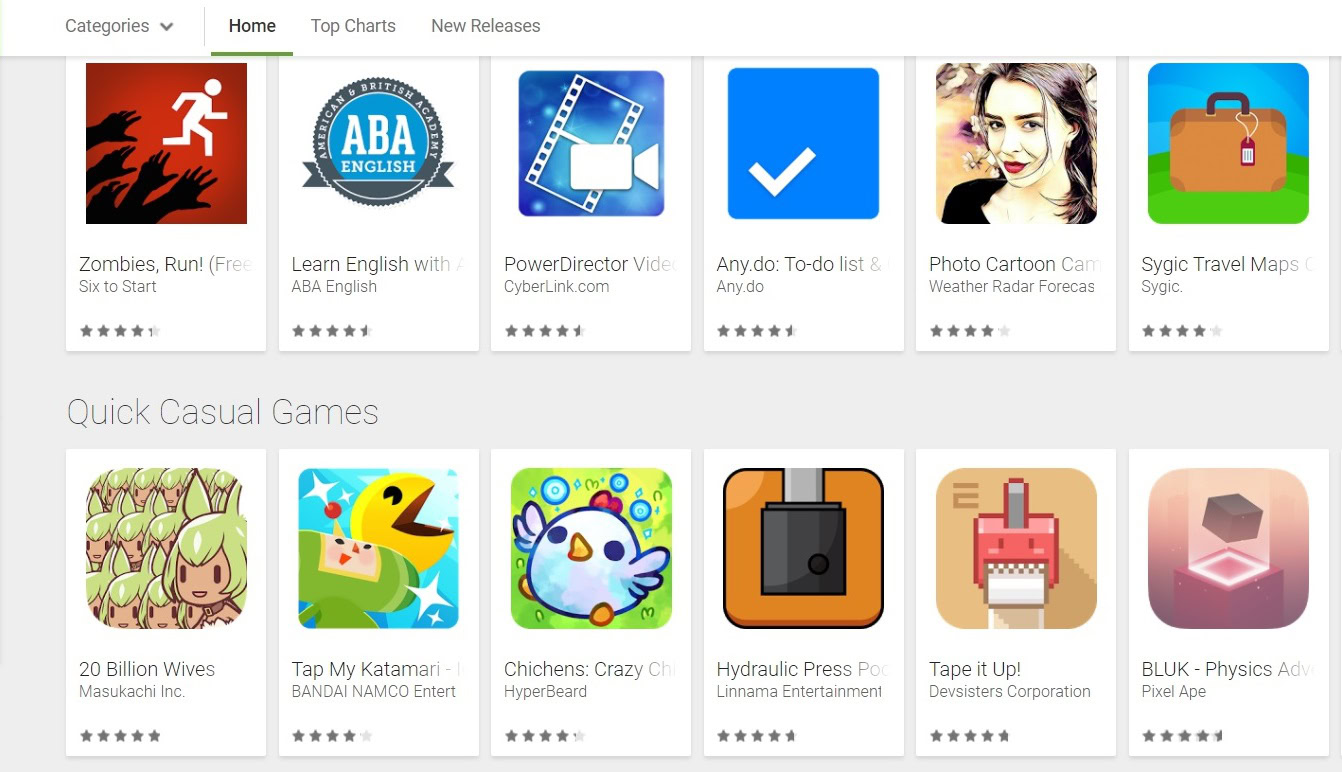Affiliate links on Android Authority may earn us a commission. Learn more.
Google clamping down on incentivized Play Store installs and reviews

When was the last time you installed an app that had less than a three star rating? Google Play Store reviews can carry significant weight, and they can be the difference between making or breaking apps. Naturally, then, developers are often keen to ensure that their apps receive positive ratings.
One way to do this is through delivering a solid product that people wish to praise. And another way is through incentivizing positive review scores.
It’s the latter that Google is targeting with its updated Developer Program Policies, which it discussed yesterday via the Android Developers blog. Google is clamping down not only on fake reviews, but also install spamming, whereby developers pay to have their apps installed on many devices to increase visibility in the Google Play Store.
“Developers must not attempt to manipulate the placement of any apps in Google Play,” reads the policy. “This includes, but is not limited to, inflating product ratings, reviews, or install counts by illegitimate means, such as fraudulent or incentivized installs, reviews and ratings.”
However, Google is not against incentivized installs entirely: incentives that are not aimed at altering Play Store placements — i.e. those that aren’t trying to game the Google algorithms/discovery mechanisms for increased visibility — are still permitted.
Essentially, some companies buy or incentivise installs to make their app more visible, and some do it simply because they want the users. Google, it would appear, is able to detect which of those a company is trying to achieve, and will “filter” apps that are in violation of the terms. This, I presume, would mean they appear for those specifically trying to find them, but won’t appear promoted elsewhere based on their installs and ratings (like in the image at the top, which is what I currently see when I go to the Apps section of the Play Store).
This move should be good news for consumers, as it would lead to more genuine, and ostensibly higher quality, products being presented at the store front. That’s the theory, anyway.